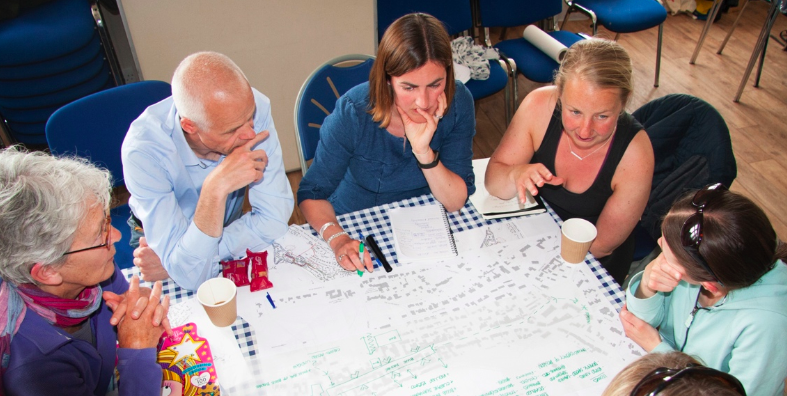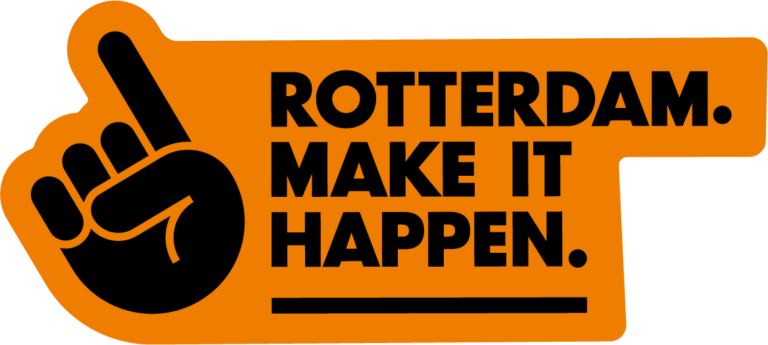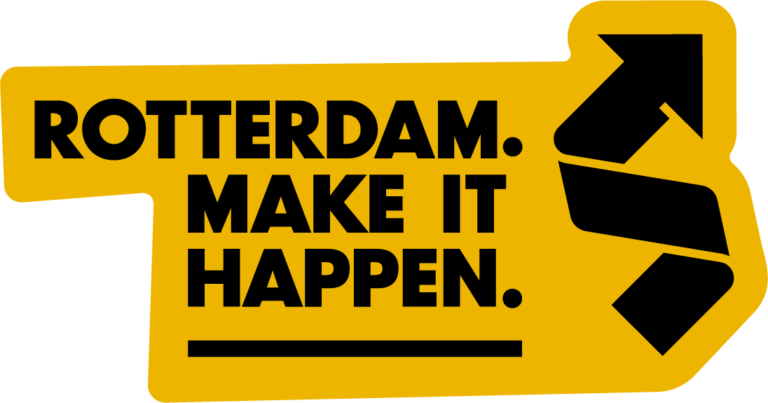The publication of this practical report marks what we believe is the first serious attempt to examine the role of facilitation in participatory placemaking. The topic is a highly relevant subject, given the increasing application of participatory and community design-led events in Europe and elsewhere.
This practical report provides an insightful guide, identifying the many components and variants involved. Our aim is that the findings should help our understanding, and ultimately enhance the performance and effectiveness of community design led events and similar participatory design-led processes. The report should provide knowledge confidence for professional facilitators, local authorities, local communities and the development industry who may be active in collaborative processes, underpinning the investment in skills and expertise of appropriate facilitators.






